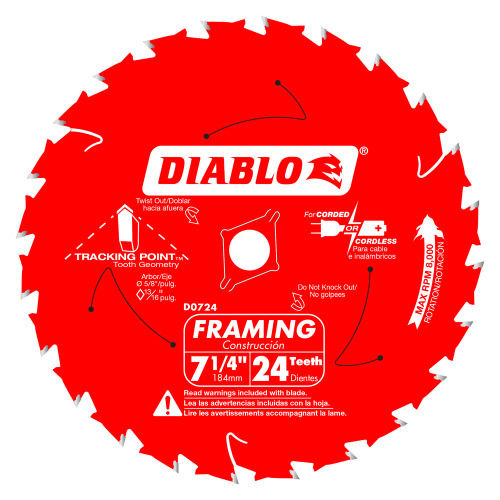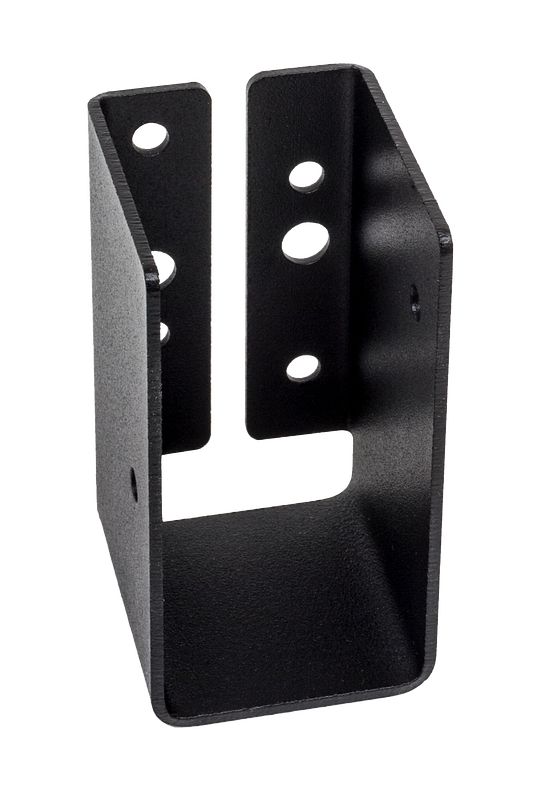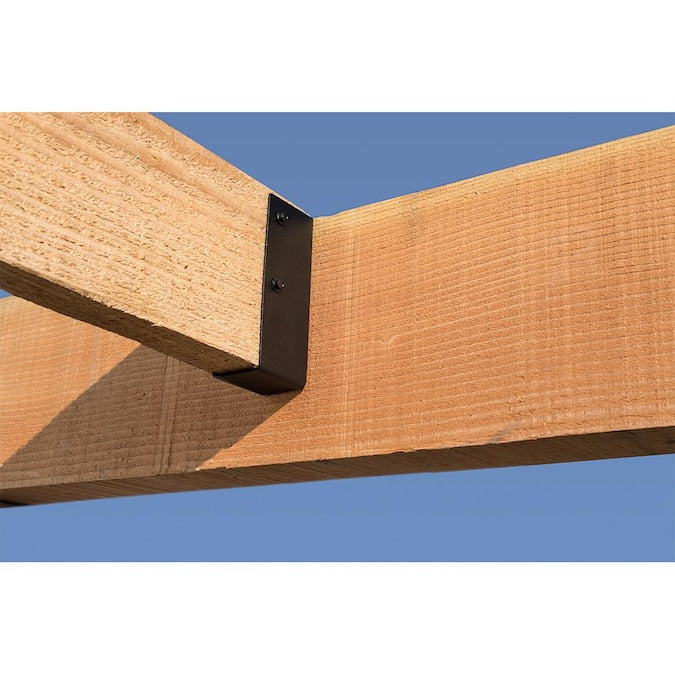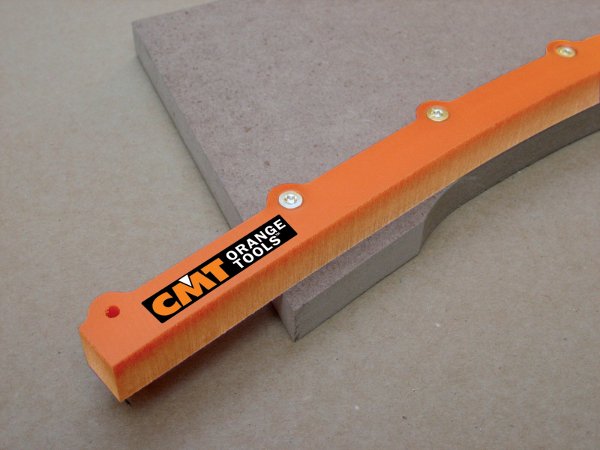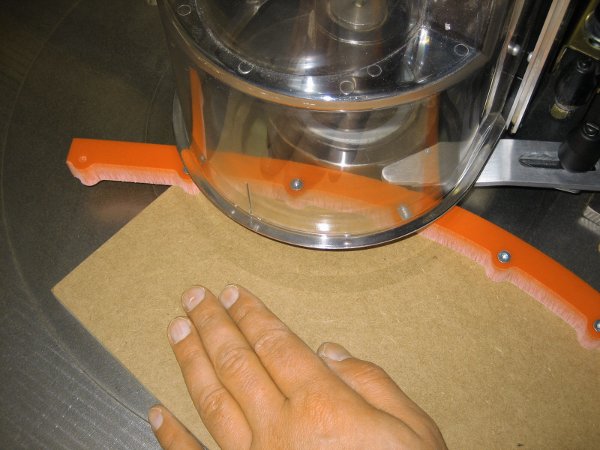Pin fasteners are small, yet essential components used across various industries, particularly in construction and manufacturing. These fasteners, known for their simplicity and reliability, are used to hold two or more components together in a secure and stable manner. Whether working with wood, metal, or concrete, pin fasteners provide a practical solution for many fastening needs.
Types of Pin Fasteners
Understanding the different types of pin fasteners is crucial for selecting the right one for your project. There are several varieties available, each designed for specific applications:
- Dowel Pins: Dowel pins are cylindrical rods typically made of metal or wood, used to align and join two pieces of material. They fit into corresponding holes, creating a precise and secure connection. These pins are often used in woodworking, cabinetry, and other applications where precision alignment is necessary.
- Cotter Pins: Cotter pins, also known as split pins, are used to secure the position of nuts, bolts, and other fasteners. They are inserted through a hole in a bolt or shaft and bent at the ends to prevent the pin from sliding out. Cotter pins are commonly found in mechanical assemblies and automotive applications.
- Taper Pins: Taper pins have a slight conical shape, which allows them to lock two components together securely. The taper ensures a tight fit, making these pins ideal for applications requiring a permanent or semi-permanent assembly. Taper pins are frequently used in machinery and tools where high precision and durability are necessary.
- Concrete Pins: Concrete pins are specifically designed for use in masonry and concrete applications. These robust fasteners can be driven directly into concrete or masonry without pre-drilling, making them ideal for quick and efficient installation.
Applications of Pin Fasteners
Pin fasteners are incredibly versatile and find applications in various industries. In construction, they are often used to hold together frameworks, secure scaffolding, and join different building materials. In manufacturing, pin fasteners play a critical role in assembling machinery, automotive parts, and electronic devices.
- Fastening Pins in Construction: Fastening pins are essential in securing wood, metal, and other materials during construction. For example, concrete pins are widely used for attaching fixtures to concrete walls or floors, offering a durable and long-lasting hold.
- Precision in Manufacturing: In the manufacturing sector, pin fasteners such as dowel and taper pins are indispensable for ensuring the precise alignment of components. This precision is vital in industries where even minor misalignments can lead to significant issues, such as in automotive or aerospace manufacturing.
Benefits of Using Pin Fasteners
Pin fasteners offer numerous advantages that make them a preferred choice in many applications. Their simplicity and effectiveness are unmatched, providing reliable and secure connections without the complexity of other fastening methods.
- Strength and Durability: Pin fasteners are designed to withstand significant forces, making them suitable for heavy-duty applications. Whether you're working with heavy machinery or constructing a building, the strength and durability of pin fasteners ensure that your project remains stable and secure.
- Ease of Installation: One of the most notable benefits of pin fasteners is their ease of installation. With minimal tools and no need for specialized equipment, these fasteners can be quickly and efficiently installed, saving both time and effort on the job.
- Versatility: From holding together delicate components in electronic devices to securing large structures in construction, pin fasteners are versatile enough to be used in a wide range of applications. This versatility makes them an invaluable tool in various industries.
Choosing the Right Pin Fasteners
Selecting the appropriate pin fastener for your project is essential to ensure the best possible outcome. Consider the materials you're working with, the environment where the fastener will be used, and the load it will need to bear.
- Material Compatibility: Pin fasteners come in various materials, including steel, stainless steel, and brass. Each material has its properties, such as corrosion resistance or tensile strength, that make it more suitable for specific applications. For instance, stainless steel pins are ideal for outdoor use due to their resistance to rust.
- Load Requirements: Understanding the load that the pin fastener will need to support is critical. Dowel pins, for example, are excellent for applications requiring alignment and light load-bearing, while taper pins are better suited for heavy-duty applications where shear forces are involved.
Your Source for Pin Fasteners
At Factory Direct Supply, we offer a wide range of pin fasteners tailored to meet the needs of any project, whether you're working with concrete pins in construction or precision fastening pins in manufacturing. Our extensive selection ensures that you'll find the suitable fastener for your specific application, backed by our commitment to quality and service.
Contact us today to learn more about our products and how we can support your next project with reliable, high-quality pin fasteners.


